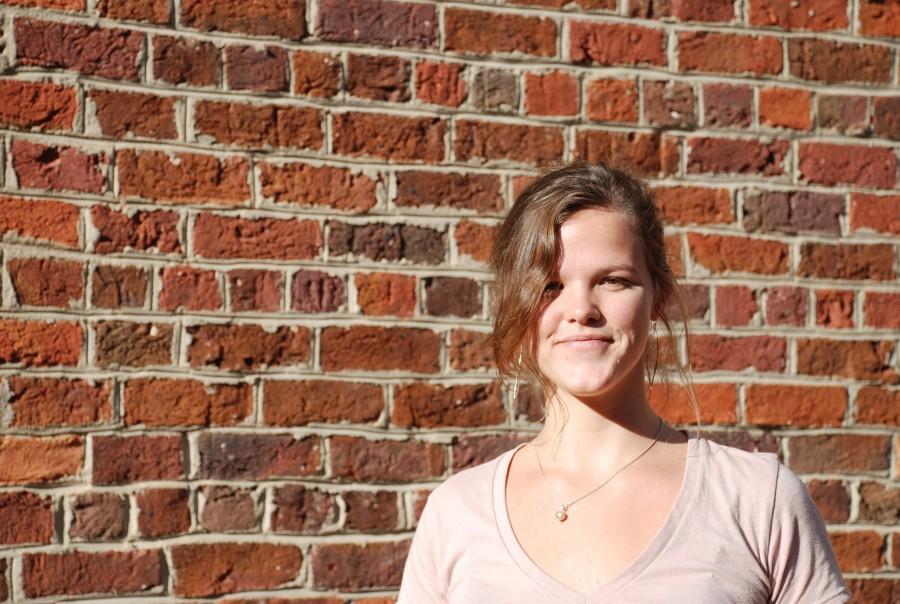The tragedy in Japan belongs to all of us, though their pain is greater than ours. Thousands of people have lost their lives. Thousands more are missing. Think of the living who cannot find their loved ones. Each moment that goes by must be excruciating. Think of the people who are covering their mouths and windows with towels, who are told to stay indoors to protect from radiation. Their fear must be overwhelming.
This is a call to compassion. This is a moment for empathy.
As activist and writer Terry Tempest Williams said of the catastrophe during her talk at Guilford, “We are all bound by the wind.”
This is true both figuratively and literally. Across continents and oceans, wind currents connect us. What happens on one part of the Earth happens to all of us.
And we must remember: the history that shapes Japan is a shared history. The true tragedy of this disaster is the human error written all over it. We have treated nuclear power with stunning disregard since the technology was first developed.
Let’s not forget: we used this energy first for war. And we use it now for a purpose that is purported to do our society good, but fails at every turn. We have toxic chemicals fueling a way of life that has greed at its core. No oversight is too large, too potentially destructive, if the profit margin increases.
The decision to build nuclear power-plants on fault lines is an act of hubris. To assume that no disaster, so great that it could wash through a few backup systems, would ever strike is absurd.
In the U.S., we also have nuclear reactors built on fault lines.
At Diablo Canyon in California, situated less than one mile from a fault line, an earthquake backup system was lobbied against by the Nuclear Regulatory Commission, according to The Huffington Post.
If this makes you angry, resist the temptation to point fingers and assign blame. This does not help. To change what is wrong we must first recognize the system of thought that allows it to thrive, a system we are all part of.
Violence and greed propel our way of life. The primary concern pressed upon us by society is to secure a job, which means accumulating wealth, which means survival, which means getting ahead no matter what. We are made fearful and blind and we become destructive.
The effect of this system of thought is as small as our own life and as big as the nuclear meltdown. It is the same system which allowed the oil spill in the Gulf Stream and which then allowed us to forget it, while chemical dispersants continue to destroy lives and habitats. It is the system which allows us, a nation in three wars, to complain about gas prices.
We are seeing a world that cannot sustain life as we know it. These are the fruits of the seeds planted decades ago: radiation contaminating the Earth, oil clogging the ocean, species dying, human lives blotted by cancer and disease.
This is the moment we must change — this moment, right now. We must change our minds, undo the damage of an exploitive ideology. Let’s start as small as we need, so the scale of this leviathan does not overwhelm our genuine desire for good. Let’s become conscious of our own minds: what do we really care about and which of our actions are compelled by fear?
We need to become better people, and then we need to change the world.

